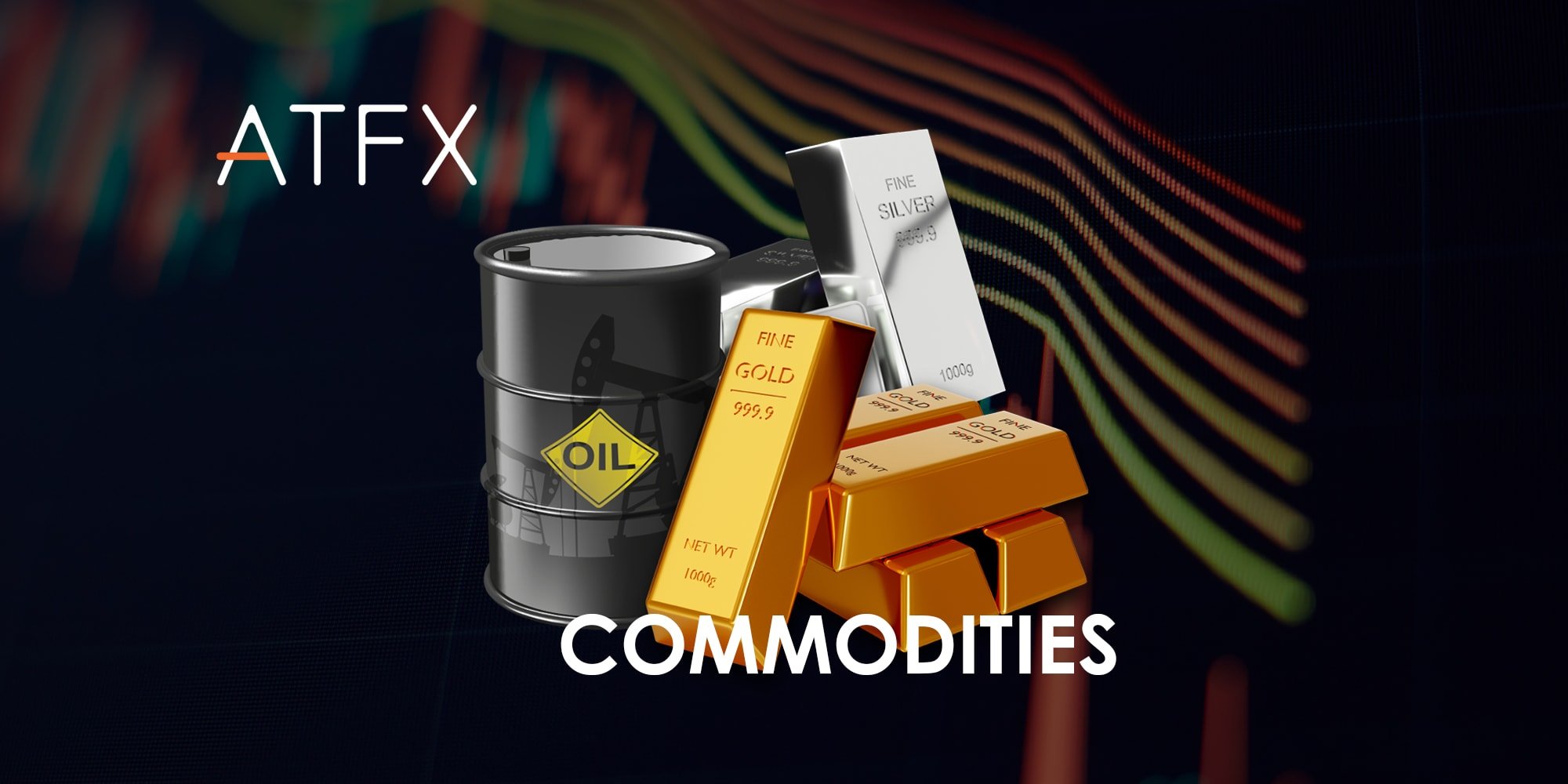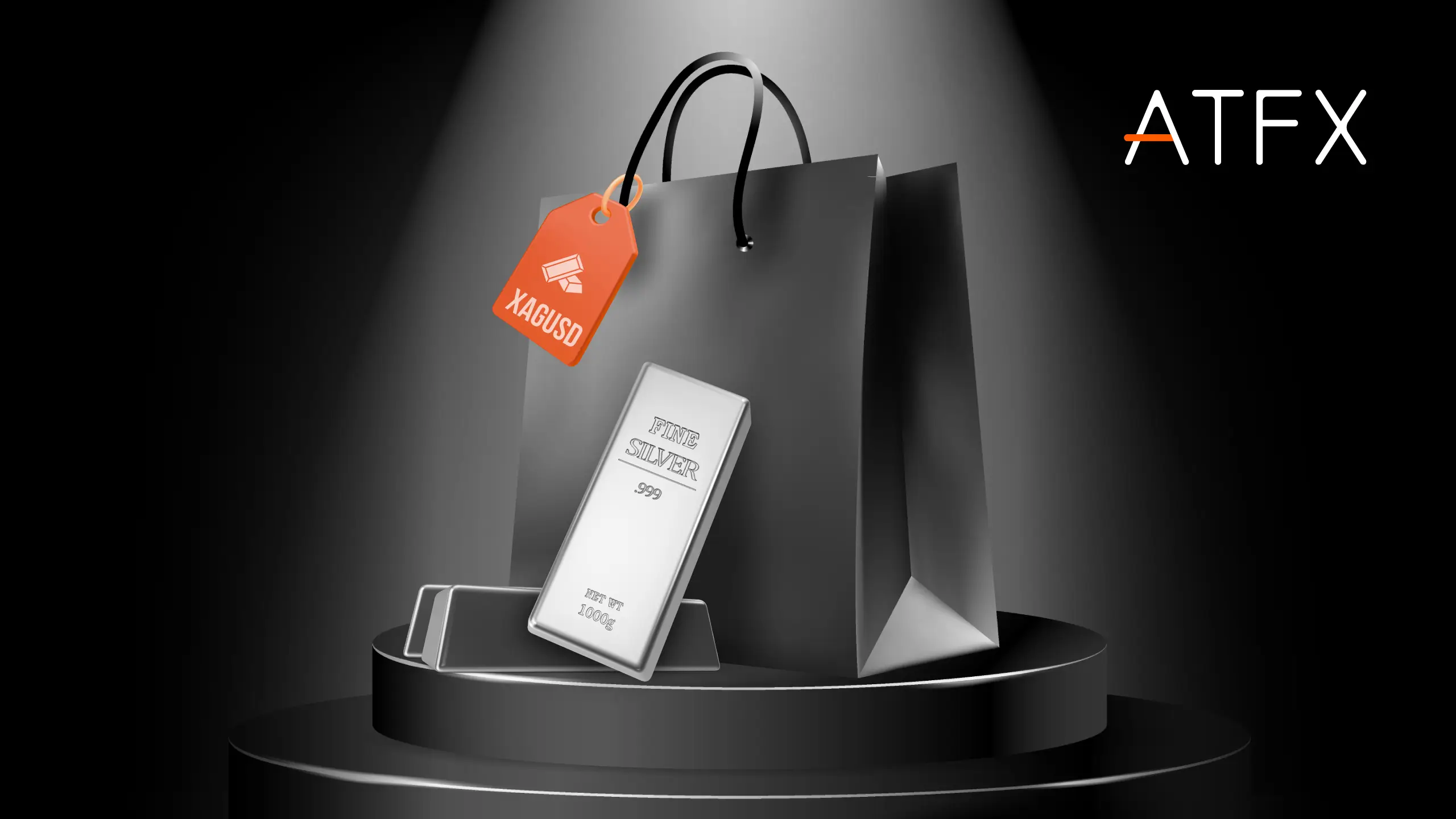This week, the tensions between Russia and Ukraine triggered a war that has attracted worldwide attention, becoming the most important global news. In addition, the war has triggered a massive shock in the financial markets. Yesterday, Ukraine’s foreign minister said Putin had launched a full-scale war against Ukraine and that the country would defend itself. In a televised speech, Russian President Vladimir Putin said that he had decided to launch a special military operation in the Donbas region controlled by separatists.
As relations between Russia and Ukraine took a turn for the worse, the three major U.S. stock indexes and Asian stock markets tumbled across the board. The Nasdaq was down about 2.6%, and the Dow hit its lowest closing level in 2022 after falling 1.38%. Oppenheimer, the chief global equity strategist at Goldman Sachs, predicted that if Russia’s invasion of Crimea in 2014 were used as a reference, the Ukraine crisis would cause the stock market to drop by at least 5%.
When market participants panic about war, they get into a risk-averse mood where they sell risk-prone assets and buy safe-haven assets to protect their capital as risk assets sell-off. Against the intensified market volatility, what are the safe-haven assets that investors will consider holding, and what are their recent trends? Below we discuss some safe-haven assets preferred by investors.
Gold
The escalating conflict between Russia and Ukraine has boosted gold prices as a traditional safe-haven asset. As a result, gold has rallied for two straight days, surpassing its June 2021 high on Thursday after rising to $1,918. However, there is still significant uncertainty regarding future gold prices, making it difficult for investors to trade gold.
The UN Security Council held an emergency meeting to discuss Ukraine after Russia launched its offensive military operation in Ukraine. Western countries led by the United States took countermeasures against Russia to cripple the country’s economy. The situation in Russia and Ukraine could change rapidly in the future, bringing greater uncertainty to the market and causing sharp movements in short-term gold prices. The volatile gold prices are not suitable for all investors, but aggressive investors could still try to buy on dips. At the same time, conservatives should wait for the volatility to decline before jumping in.
Natural Gas and Crude Oil
As the world’s leading exporter of natural gas and crude oil, the war between Russia and Ukraine has hugely impacted crude oil and natural gas prices. As a result, Brent crude oil in Asia took the lead by breaking through US$100/barrel level for the first time in eight years. U.S. crude oil also rose to $97 a barrel after briefly touching the $100 level. In addition, futures prices for agricultural products such as wheat and soybeans also rose, with U.S. wheat futures in Chicago hitting a 10-year high.
The current market still has a short supply of energy, compounded by the turbulent geopolitical situation in Russia and Ukraine. The demand for natural gas and crude oil increased significantly after the epidemic, but OPEC members and non-OPEC countries led by Russia were unwilling to cooperate with the United States to increase production, resulting in surging crude oil prices. As a result, oil and natural gas prices are poised for further gains.
The US dollar and Japanese yen
The most traditional safe-haven currencies are the U.S. dollar and the Japanese yen. These two currencies will likely keep rising as long as the current global geopolitical environment persists. Moreover, investors flock to these two currencies in turbulent times due to the stability of the Japanese and US economies.
While the yen’s spot market’s performance this year may seem unremarkable at first glance, the performance of the options market tells a different story. The options market shows that investors view the yen as an insurance bet, given its safe-haven appeal and the significant volatility witnessed in the global stock markets. Surprisingly, the yen rose to a three-week high on Thursday.
The bond market
Whenever risk aversion emerges or market volatility increases, investors tend to flock to developed market bonds, with U.S. bonds being the most preferred. On Thursday, the 10-year U.S. Treasury bond yield in Asia fell from above 1.9% to close near its recent lows as bond prices surged due to high demand.
Furthermore, the Federal Reserve is expected to raise interest rates by 150-175 basis points by next year, which is likely to push up bond yields while dragging down stock valuations. The higher interest rates will attract further capital inflows into assets that preserve value, such as bonds.
Conclusion
In addition to the above assets, most investors know that defensive assets include gold, convertible bonds, and cash. In the stock market, defensive sectors include consumer staples, mineral resources, financials, telecommunications and utility companies. Defensive ETFs are also likely to be pretty popular among investors. However, the military confrontation between Russia and Ukraine is still ongoing, and the financial market may continue to fluctuate. Therefore, investors should be very cautious when trading in the market. Shortly, they can focus on observing the price trends of safe-haven assets to effectively adjust their portfolio allocations to hedge the risks to their overall investment portfolio.


